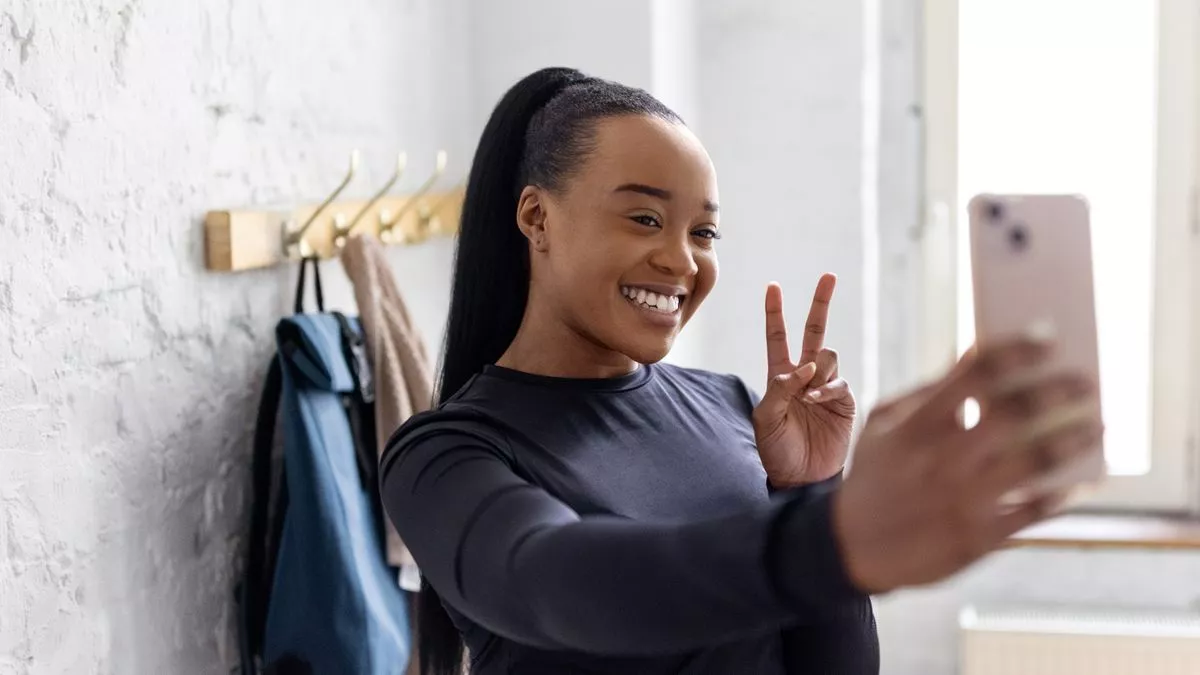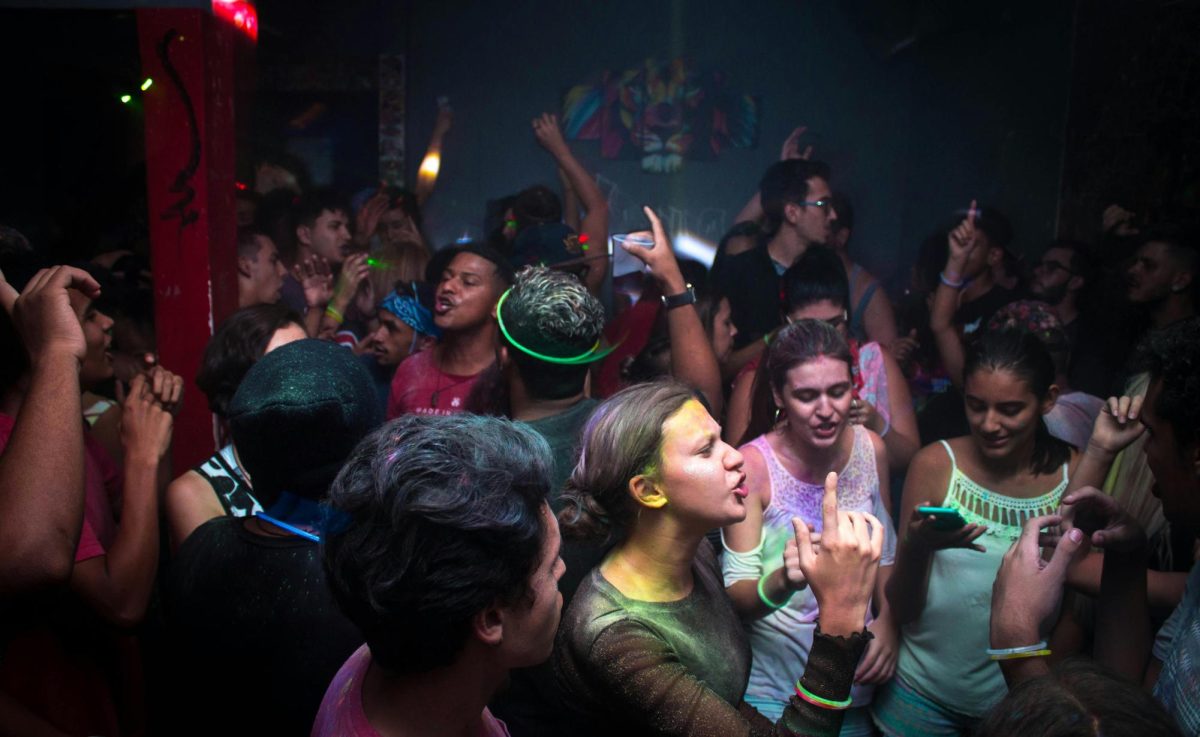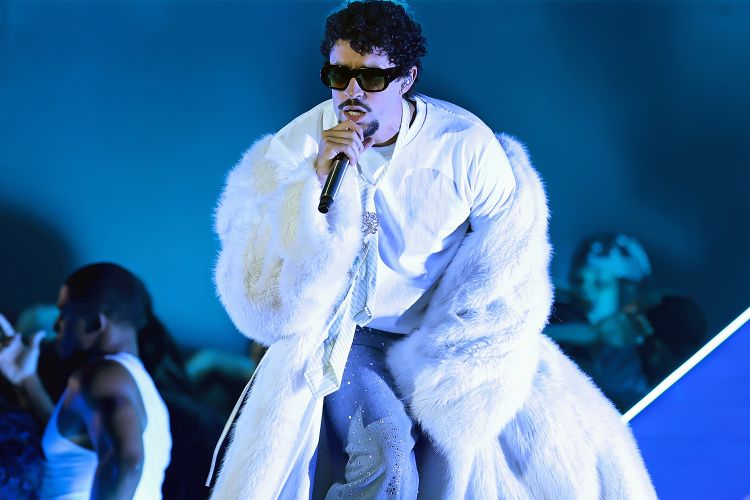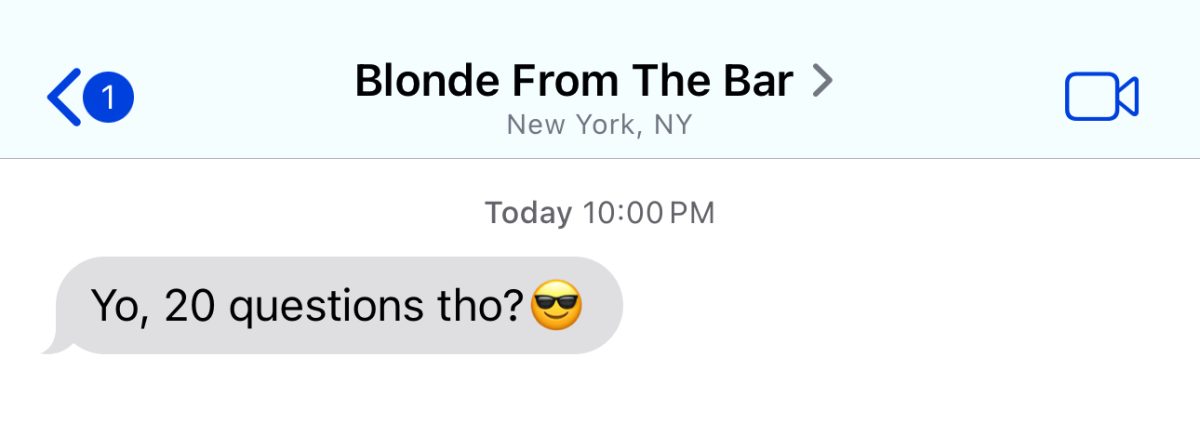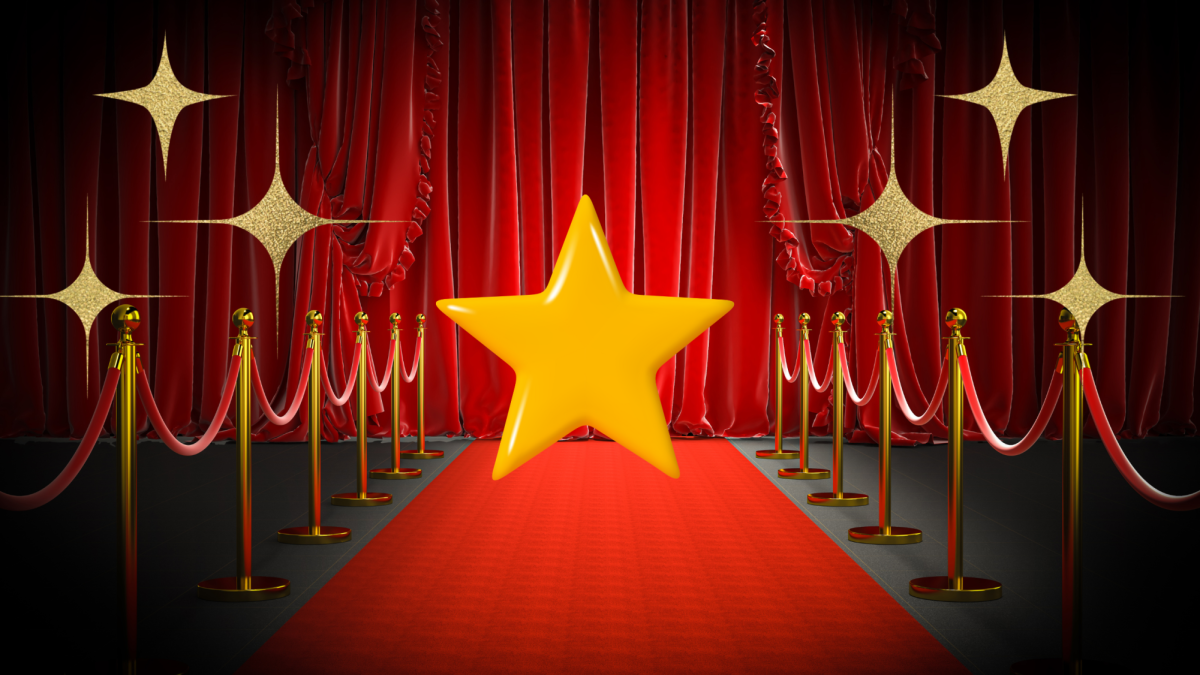As the end of the semester approaches, we are all looking for ways to escape the growing list of assignments accumulating in our notes apps. For me, this looks like doom scrolling on various social media apps. I crawl into bed with a heated blanket and fall down rabbit holes of drama I didn’t even know existed, like finding out what new controversial thing Trisha Paytas did, or the occasional Josh Hutcherson edit. Everyday there is a new TikTok movement, controversy or TikTok shop product you cannot escape.
Our generation truly struggles with stillness, myself included. There is always something to do that you could be doing and see a post about it on your phone later. When Spotify Wrapped came out this year, I was astonished at the incomprehensible amount of listening minutes some of my friends and acquaintances accumulated. For many college students, leaving their bedroom means streaming their favorite artist (especially wearing the over the ear Apple Airpod Maxs with stickers or ribbon bows: the newest trend). The youth of today is in a constant world of instability, where silence is deafening.
TikTok, formerly lip-synching and dancing app Musical.ly, truly started its rise in 2019. The app represented the gamer and “I’m not like other girls” culture of the time period. The app was divided into two main sections: the people who used the app in the way Musical.ly was used (dance videos and thirst traps) or those who took the app in a new direction and turned it into a meme generating machine. The app was casual in a way Instagram and Twitter were not, where you were not romanticizing your life in the same way.
When the pandemic hit, the app went from casual use to a full blown community. Generation Z lost their primary socialization and was looking for a way to fill this void. The app gained a mainstream following, contrasting with the niche cult following of platforms like Reddit.
While so much of the app was full of memes and unexplainable posts that would traumatize a Victorian child, it also represented current events and cultural shifts. TikTok was home to our generation’s first presidential election where we were old enough to be politically involved. The months leading up to the 2020 election established the youth of America as irrefutably powerful. Thousands upon thousands of teenagers flooded Donald Trump’s comments with fairy and sparkle emojis and made more infographics than could be counted. While the success or effectiveness of this activism may be questionable, it’s undeniable that they made their voices heard.
The app also generated its own niche micro-influencers. These creators often worked normal jobs and were much easier to conceptualize than millionaire public figures. These figures ranged from the absurd comedy content of Brittany Broski to many Emma Chamberlain-esque “sleepy/sad girl aesthetic” creators. These were normal people building platforms based on sharing their raw life experiences.
In the years since its spark in popularity, TikTok has lost sight of the original reason it drew users in. Now, being a household name, it has commercialized, like many other aspects of life. The recently launched TikTok shopping feature has been the final straw for many users. Almost every video has an attached product being pushed for consumers to buy. While the app originally represented the interest in activism and creativity in our culture, it now represents our overconsumption. We saw this early on with many users posting hauls from the notorious fast fashion website, Shein, and now with a new “must have” product appearing each week. Influencers have become out of touch, with many having podcasts and brand deals to further capitalize on their internet fame.
As we continue to age with the platform, TikTok is unable to continue to appeal to its original audience. Political and social problems impact every decision in our day to day lives, from what coffee brand you drink to what clothing brands you buy. The app has more users than ever before and tries to commercialize this in any way possible. These conflicting values have destroyed the app’s dynamic and often leaves many drained after exiting.
TikTok exists as a cultural time capsule for the mindsets of its users. While it may be comforting to enter the app for quick, easily consumable content when you are dreading the real world, you should probably just turn your phone off for a while or perhaps do an assignment you’ve been procrastinating. The app submerses you into societal issues and the world’s shortcomings as a blood sucking leech.

